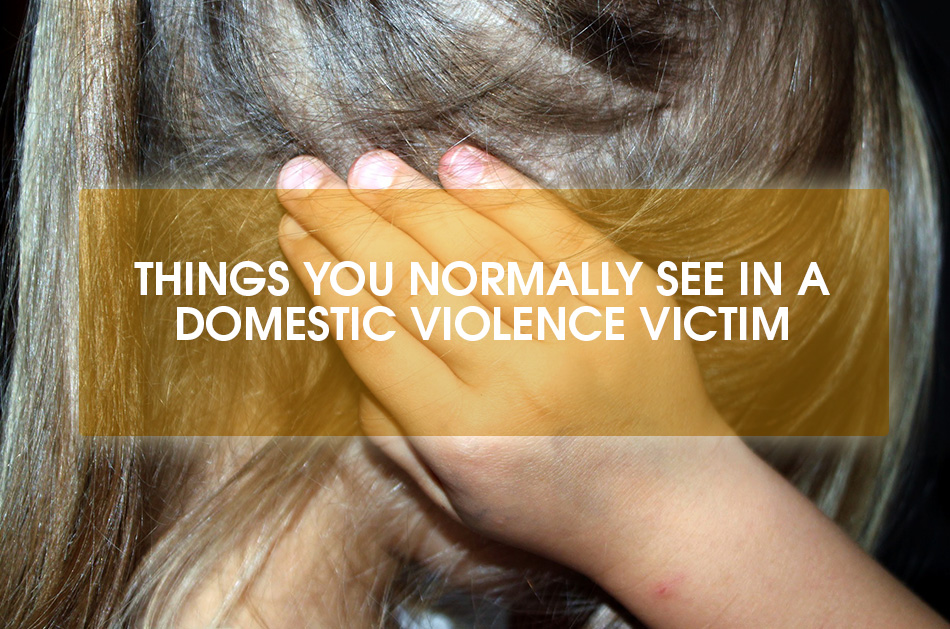One of the best things you can do for a friend who is domestically-abused is to be with her as many times as you can, especially when she is alone. You can even take up several activities together. Here are three that can help her forget the pain – even if only for a few hours.
- Bake a Cake, Decorate a Room, or Color Adult Coloring Books

Take up a creative activity with her. If she likes baking, the two of you can spend at least two times a week baking her favorite cake or cookie recipe. After baking, you can sit down for an afternoon tea and cake chit-chat. Or you can sell the baked goodies to family and friends! This will make her feel comfortable and wanted. You can also decorate or renovate a room. Coloring is also a therapeutic activity. Try to bring a good adult coloring book that the two of you can work on.
- Invite her to try a new sport.

Try to encourage her to get into sports with you. You don’t need to go to the field or the gym. Find a sport that you can do at home or in the backyard. Chess, badminton, and table tennis are good options. Schedule your days for sports; the best times will be when your friend would be all alone in the house. She becomes most vulnerable when she is alone, and everything is quiet.
- Start a project with her.

It can be a home project, like a room renovation. It can also be a community project, like a small theater arts group or a fundraising activity for domestically abused women. If your friend likes to write, maybe the two of you can start writing a book or novel. Any project that requires your friend’s time and attention will be a big help.



